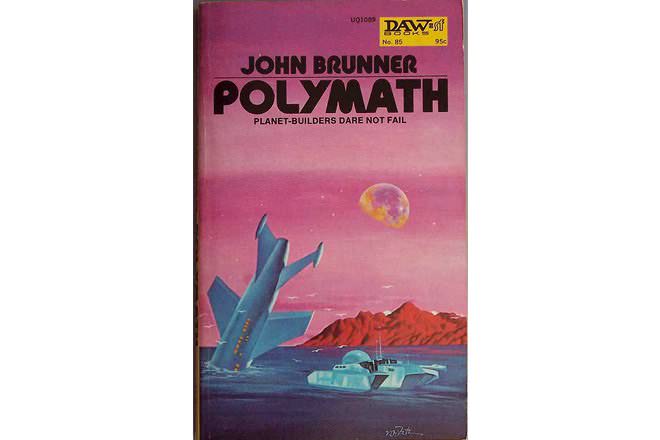The words polyglot and polymath both refer to persons with extraordinary ability, although the word polyglot can also be used to describe a geographical region or a work of art.
Polyglot refers to something that contains many languages e.g. polyglot sub-continent of India. It also refers to a person who has the ability to speak many languages. The word polymath means a person who has very broad-based knowledge on a wide variety of topics.
Comparison chart
Polyglot versus Polymath comparison chart
 | Polyglot | Polymath |
|---|
| Definition | A polyglot is a person who can speak, read or write in several languages. |
A person with extraordinarily broad and comprehensive knowledge. Also known as polyhistor, renaissance man. |
|---|
| Explanation of rules and syntax | A polyglot may not necessarily be able to parse the language or know the rules of its syntax. |
A polymath is an expert and can easily comprehend the subject at hand. |
|---|
| Correlation | Polyglots may be multilingual either because they were raised in a multilingual/multicultural environment, or because of a conscious decision to learn more languages. All polyglots are not necessarily linguists. |
Polymaths are either born genius or develop sharp skills with training and experience. |
|---|
| Application of Multiple Languages | A polyglot can communicate fluently, and can use the most complex sentence structures and expressions with ease, in the perfect context. But he may not know if a certain word is an adverb or an adjective, or the rules/reasons behind the expressions. |
A polymath can lead and steer discussions based on his knowledge and expertise. |
|---|
Share this comparison via:
If you read this far, you should follow us:
"Polyglot vs Polymath." Diffen.com. Diffen LLC, n.d. Web. 25 Feb 2026. < >


 Linguist
Linguist  Homonym
Homonym  Dictionary
Dictionary  Knowledge
Knowledge  Poetry
Poetry  Subjective
Subjective
Comments: Polyglot vs Polymath